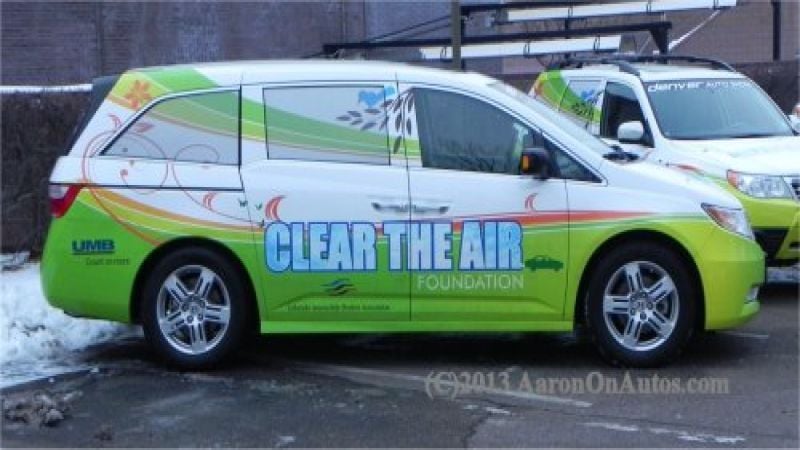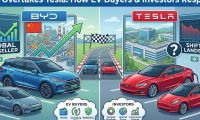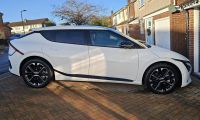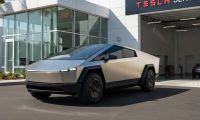The common assumption often made by electric and hybrid car proponents is that all we need to do is raise gas prices through higher taxes while incentivizing electricified vehicle adoption and we will see more clean cars sold on the market. As fellow writer Nicolas Zart said in March of last year during the short-lived "gas crisis" with unleaded getting to $4.50 per gallon, the common assumption is that higher gas prices mean more EV sales.
The assumption is usually based on short-term sales spikes. It is true that for a short period, there are slight increases in hybrid and perhaps electric vehicle sales. Often, however, these are more media hype than they are reality. Longer term, if higher gas prices meant more hybrid and electric vehicle sales, then those places with sustained high fuel prices would have a high adoption rate of electrics and hybrids.
China has the largest automotive market in the world, followed by the United States and then Japan, Brazil, Germany, Russia, India, France and the United Kingdom. Of those markets, Japan, Germany, France and the United Kingdom have gasoline prices that are more than double those we have here. Those markets, by the common logic above, should have a very high adoption rate of hybrids and electrics. But they do not.
Using 2011 numbers for global vehicle registrations, market sizes, and gasoline prices, we see that the highest percentage of global hybrid and electric vehicles are in Japan, whose gasoline price is about $7 per gallon. That in itself proves the common assumption. However, the other countries listed on our high fuel price list have a combined total of only about four percent of the total hybrid and electric vehicle sales. All of those countries, not including Japan, have hybrid and electric vehicle market penetrations of less than 3% of their total automotive sales. Japan has the world's highest at about 6% while here in the U.S. (the world's second-largest EV and hybrid sales market) market penetration is less than 3%.
France, Germany and the United Kingdom all have gas prices at or above $8 per gallon. Yet EV and hybrid adoption rates in those nations have been very low. Some would argue that this is because manufacturers aren't making the hybrids and electrics to sell in those countries, but the reality is, the market has found other ways to lower fuel costs to the consumer despite inflated prices due to higher taxation. The answer has been to market clean diesel heavily and to downsize vehicles in general - something that was happening in much of Europe long before fuel prices were a concern thanks to cramped space and lack of parking.
The truth is, there is no proof at all that higher gas prices will mean more electrics on our roads and highways. This is not to say that electrics have no place in our market. They absolutely do. They are not, however, a magic bullet that will cure all of our energy woes in one fell swoop. Nor are they going to be a solution to any national or global problem anytime soon.
The proliferation of gasoline engines took place over a long period. Automotive development really began at about the turn of the 20th century, with real mass production taking place in the early 1900s. With the Oldsmobile Curved Dash and the Ford Model T, automotive entered its modern phase. Even at that point, with Henry Ford's factory churning out cars by the thousands, it took decades for cars to replace horses. In fact, it took nearly two generations in this country and even longer abroad. That was, like today, the gasoline automobile taking over for a reliable, long-understood, and proliferate means of transportation. Gasoline won out over other alternatives for a variety of reasons, but the greatest of those were improvements over the horse (and competitors) in utility, speed, range, and power versus weight/size.
Until electric cars can outdo gasoline cars in real, tangible terms, they will not replace them. The more they improve, of course, the more of the total market they'll become, but it will be decades before they are mainstream enough to be a real rival to gasoline or diesel.












Comments
You need only look North my
Permalink
You need only look North my friend. Canada could not be more like the US except that it has gasoline prices about 20% higher. Most popular vehicles there? Trucks and mini vans.